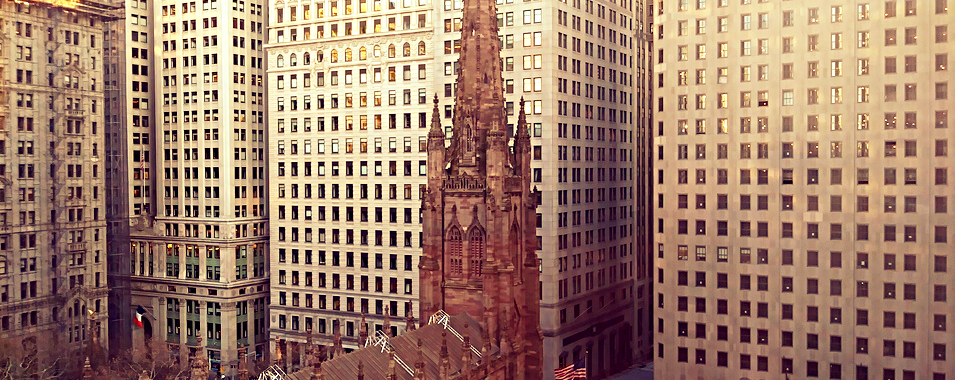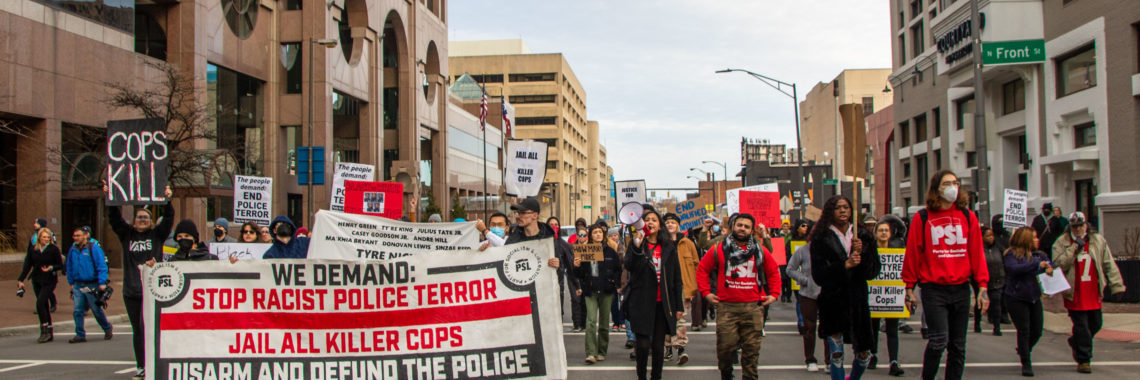“Religion, Law, and Governance in Premodern Hindu Political Theory” by John Nemec
Prambanan Temple Complex in Yogyakarta Indonesia. Photo by CEphoto, Uwe Aranas. (CC BY-SA 3.0). Political theory in premodern South Asia settled on a single model of governance at a relatively early date: kingship. This was so in large part because those who defined and controlled the intellectual and religious institutions of the day, the Brahmins,…











